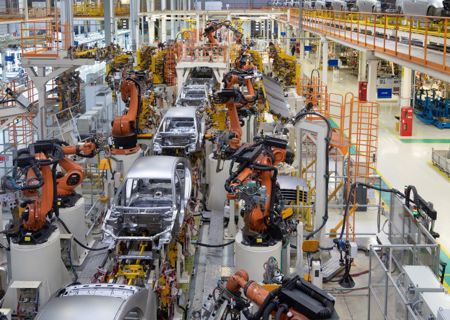Opposition to the government’s Trade Bill gathered in the House of Commons today around the so-called ‘genocide amendment’.
Supported by former Tory Leader Iain Duncan-Smith and other rebels, the amendment would give English courts a voice in overturning future trade deals if the country involved had committed genocide, the Daily Telegraph reports.
The Trade Bill, unveiled in March 2020 and making its way through parliament since then, covers the UK’s new independent trade policy now that it has left the EU’s customs union and single market.
The bill returned to the Commons for tonight's vote after two amendments, including that on human rights, were inserted by the House of Lords.
The government supports rejecting trade deals with countries that have a record of human rights abuses, though it believes powers of scrutiny belong to MPs and not the courts.
Foreign Secretary Dominic Raab has said that UK companies would face fines if they can't show their supply chains are free from forced labour.
Support the Uighurs
Holocaust survivors and Tory MPs are backing the amendment, reports Politico. The aim is to focus attention on China’s treatment of Uighur people in the country’s main Muslim-majority region where thousands have been forced into re-education camps. Forced labour and sterilisation of Uighur women has also been reported.
Nus Ghani, a former minister and Tory MP, said in a statement that the government must never allow “economic concerns to trump ethical ones by dealing with genocidal states”.
UK exports to China were worth £30.7bn in 2019.
China-Europe shipping costs surge
Meanwhile a shortage of empty containers has contributed to a tripling of the cost of sending freight from China to Europe in the last eight weeks, according to analysis from SeaIntelligence reported in the FT.
The cost of shipping a 40-foot container from Asia to northern Europe has increased from about $2,000 in November to more than $9,000. Thousands of containers are stranded in Europe and the US due to cancelled trips during lockdowns.
SeaIntelligence’s Lars Jensen said: “It’s a bottleneck problem… These rates are being driven by customers fighting over a limited resource — containers.”



